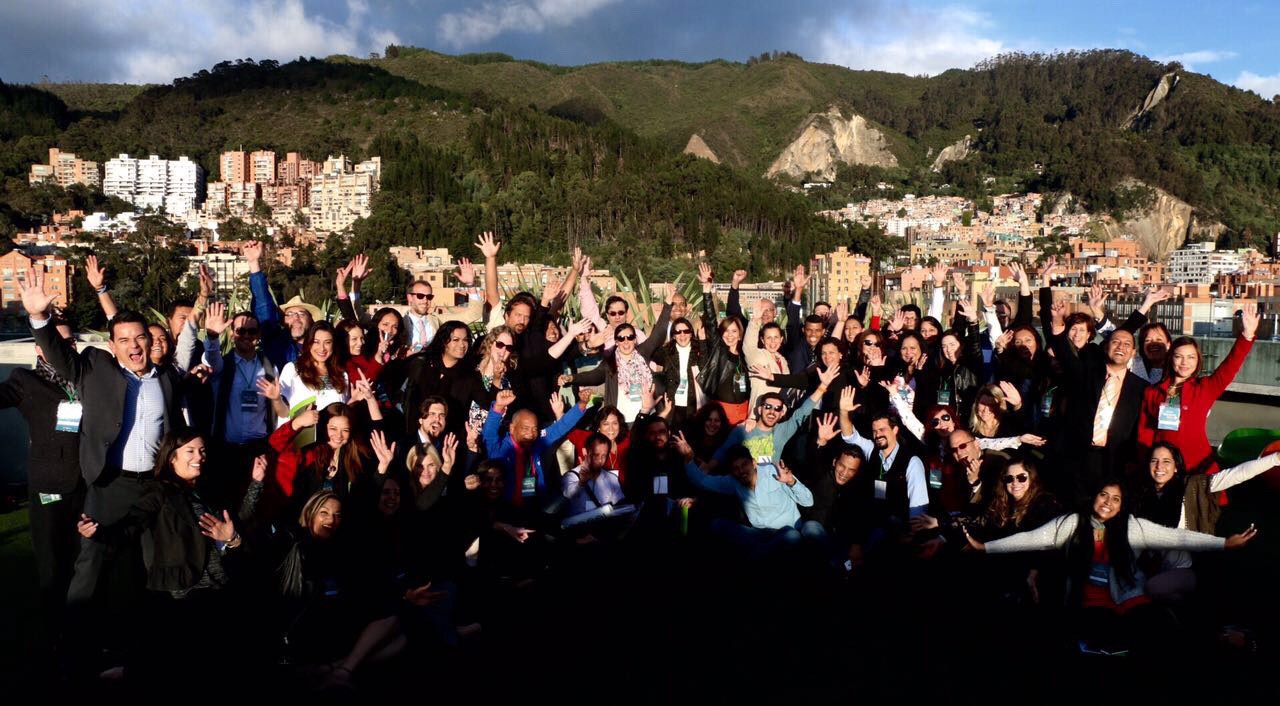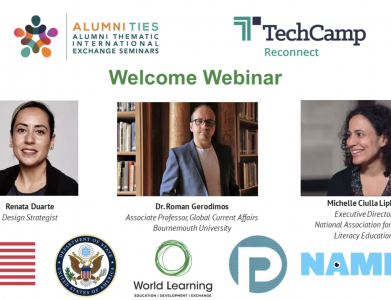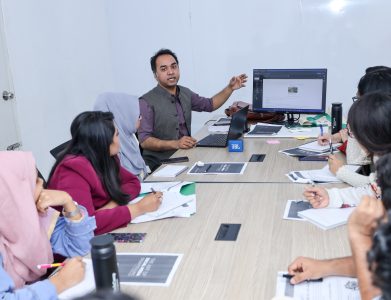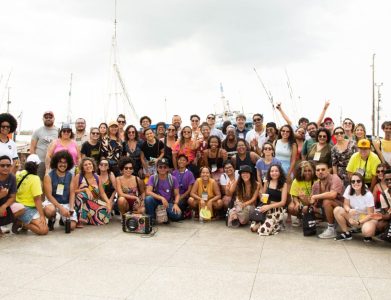The rapid spread of pandemic diseases such as Zika, Chikungunya or Dengue also creates an environment for rapid spread of miscommunication, as rumors, myths or simple misunderstanding of medical information ricochet across communities, cities and countries. As governments and medical institutions mobilize to respond to outbreaks, online searches for information about the diseases increase dramatically.
But how often is a digital messaging strategy considered a key element of immediate public health emergency response? And are audiences finding credible, clear and timely information they can share with others during a pandemic?
Enter TechCamp Bogota: Transforming Health Communications, a two-day technology focused workshop designed to help public health communicators across Latin America as the region continues to deal with outbreaks of diseases like Zika. Led by the United States Department of State, the U.S. Embassy in Colombia and Universidad El Bosque, one of Colombia’s leading media schools, the TechCamp focused on applying digital communications strategies to public health messaging campaigns on disease transmission, prevention and treatment.
More than 50 experienced medical communicators from Brazil, Colombia, Venezuela, Panama, Costa Rica, Mexico, Nicaragua, Guatemala and the Dominican Republic came together in Bogota in late July for the TechCamp. A dozen trainers from such organizations as the United States’ Centers for Disease Control and Prevention (CDC), Sesame Street, Colab, the Pan American Social Marketing Association (PASMO) and General Dynamics used their combined digital and health communications expertise to train participants on identifying and adopting low-cost, easy-to-use technological tools to help them plan and implement more effective health messaging campaigns in their communities and countries.
This week, @USEmbassyBogota hosted #TechCampBogota to help partners fight #Zika.
Learn more: https://t.co/5fDtuY7rKo pic.twitter.com/NmU0w2cR5Q— Department of State (@StateDept) July 29, 2016
The most credible online source of information on virology, outbreaks and public health in the United States is the CDC’s website, where visitor can learn Zika’s history (named for Uganda’s Zika Forest, this particular Flavivirus was first identified in 1947). Zika is primarily spread by bites from Aedes mosquitos but can also be transmitted sexually or passed via pregnancy from mother to child. While usually not fatal to adults, Zika is closely linked to severe birth defects, including microcephaly and impaired growth. As the medical community continues to learn new information about Zika, the virus continues to spread — making the communications challenge an ever-evolving one.
While not focusing exclusively on the Zika outbreak, many of the projects developed at TechCamp deal with that virus head on. One promising idea is a mobile app, Chikidenzi Dx, created by a group led by trainers from the CDC and Universidad El Bosque that analyzes different diagnostic factors for Zika, Dengue and Chikygunya. The Geosensus team developed a crowdsourcing project to map the spread and density of Zika cases across Latin America (below). The team led by trainer from Colab.re worked to solve the challenge of collecting data from skeptical communities by gamifying incentives for individuals and partnering with local governments who can provide funding in exchange for civic engagement and access to data.
This type of collaboration can be put to use all over Latin America and is only the starting point as the TechCamp Bogota participants apply their new digital skills. They’ll remain connected through a series of follow-on projects and continued, online trainings — sharing back their knowledge and helping others who are trying to confront pandemic or emerging diseases using technology.
>As President Obama has said, we all have to remain vigilant when it comes to combating the spread of diseases like Zika. Vigilance against Zika requires an informed and empowered population, TechCamp Bogota participants are taking their new skills back home to connect their communities with the information they need.



